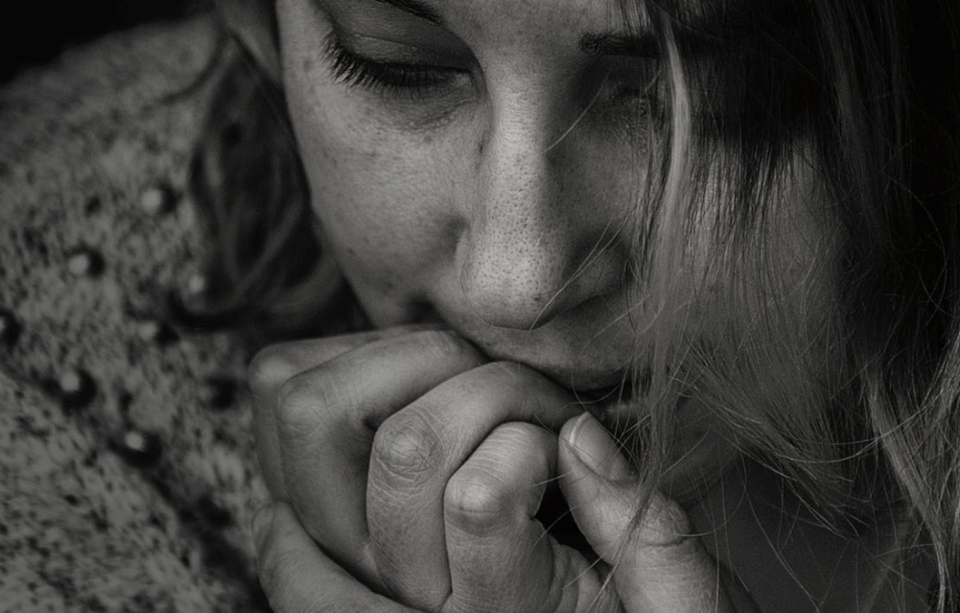Life is miraculous and beautiful in so many ways, but sometimes life can really, really hurt. I am always amazed at the spectrum of experiences that are represented by my clients. Loss comes in many different forms.
Some kinds of loss are widely understood and expected, such as miscarriage or the death of a child. By and large, that type of grief is validated, although people are often uncomfortable with and avoid it, which can leave the grieving person feeling alienated and abandoned on top of everything else.
Other forms of loss are less understood, and they lead to a type of disenfranchised grief, which is literally grief that has no place to grieve. A woman who has chosen to place her baby for adoption often experiences a sense of acute loss. For months she was visibly pregnant, and now she is childless and alone. She made the best choice she could based on her circumstances, but her loss is still very real, and there are few safe places for her to grieve.
Another largely invisible form of grief is that which is experienced by a mother whose children have been apprehended by the Ministry. The reasons for apprehensions vary… physical or mental health concerns, safety issues, substance abuse, addictions, the inability to provide basic necessities, dysfunctional family situations… but in the long run it doesn’t matter to the grieving mother whose heart has been broken by the loss of her children. While there may be steps she can take toward healing and correcting the situation, in the meantime she needs a place to grieve without judgment or condemnation.
A woman who has chosen to terminate her pregnancy sometimes experiences a type of grief that she doesn’t feel the freedom to make public. The unique situations in her life that led her to make her decision don’t magically disappear with her pregnancy, and she finds herself still dealing with relationship issues, abuse, poverty, lack of support from parents or partner, uncertainty about the future, regret, or other difficult situations.
A pregnancy care centre can provide support for all of these forms of loss, and so much more. In addition to trained peer support by people who respect your choices, have experienced some of the same situations, and genuinely care about empowering and supporting women, they can provide referrals to professional counseling and community programs. You don’t have to grieve alone.



